Discover Philosophy Audiobooks
Philosophy Audiobooks

Philosophy Audiobooks
Author: Geoffrey Edwards
Subscribed: 4,521Played: 20,498Subscribe
Share
© Public Domain
Description
Unabridged philosophy audiobooks including writing by Plato (Parmenides), Aristotle (Economics) and Cicero (On Moral Duties). Topics discussed include ethics, justice, law, logic, metaphysics, God, happiness, love and beauty. Each book has been streamlined by merging separate LibriVox recordings into a single seamless whole with no interruptions. Painting: La Perle et la vague by Paul-Jacques-Aimé Baudry.
82 Episodes
Reverse
The Doctrine of the Mean (Chinese: 中庸, Pinyin: Zhōngyōng, Korean: 중용, Japanese: 中庸, Vietnamese: Trung Dung) is one of the Four Books (四書) of Confucianism. It consists of 33 chapters attributed to Zisi (子思), the only grandson of Confucius, with interspersed notes by Zhu Xi. Zhu Xi's master, Cheng Yi, says, "Being without inclination to either side is called Zhong; admitting of no change is called Yong. By Zhong is denoted the correct course to be pursued by all under heaven; by Yong is denoted the fixed principle regulating all under heaven. This work contains the law of the mind, which was handed down from one to another, in the Confucian school, till Zisi, fearing lest in the course of time errors should arise about it, committed it to writing, and delivered it to Mencius. The book first speaks of one principle; it next spreads this out, and embraces all things; finally, it returns and gathers them all up under the one principle. Unroll it, and it fills the universe; roll it up, and it retires and lies hid in mysteriousness. The relish of it is inexhaustible. The whole of it is solid learning. When the skillful reader has explored it with delight till he has apprehended it, he may carry it into practice all his life, and will find that it cannot be exhausted." Scottish translator James Legge was a Hong Kong missionary, Nonconformist pastor of the English Union Church, and the first professor of Chinese studies at Oxford University. Cover: Queen Mother of the West Visits Confucius by cartoonist Robin Bougie (2025), released by him into the public domain.
The Great Learning (Traditional Chinese: 大學, Simplified: 大学, Pinyin: Dàxué, Korean: 대학, Japanese: 大学, Vietnamese: Đại Học) is one of the Four Books (Great Learning, Doctrine of the Mean, Analects, Mencius) of Confucianism. The text consists of a short main text attributed to Confucius (孔子) and ten commentary chapters attributed to Zengzi (曾子) the disciple of Confucius. The translation also includes interspersed notes by the 12th-century philosopher Zhu Xi (朱熹). Zhu Xi's master Cheng Yi (程颐) says, "The Great Learning is a Book transmitted by the Confucian School, and forms the gate by which first learners enter into virtue. That we can now perceive the order in which the ancients pursued their learning is solely owing to the preservation of this work, the Analects and Mencius coming after it. Learners must commence their course with this, and then it may be hoped they will be kept from error."
The Heart Sutra (Sanskrit: प्रज्ञापारमिताहृदय Prajñāpāramitāhṛdaya ('The Heart of the Perfection of Wisdom') or Chinese: 心經 Xīnjīng or Tibetan: བཅོམ་ལྡན་འདས་མ་ཤེས་རབ་ཀྱི་ཕ་རོལ་ཏུ་ཕྱིན་པའི་སྙིང་པོ). In the sutra, Avalokiteśvara addresses Śariputra, explaining the fundamental emptiness (śūnyatā) of all phenomena, known through and as the five aggregates of human existence (skandhas): form (rūpa), feeling (vedanā), volitions (saṅkhāra), perceptions (saṃjñā), and consciousness (vijñāna). This first English translation was presented to the Royal Asiatic Society in 1863 by the Rev. Samuel Beal, and published in their journal in 1865. Beal used a Chinese text corresponding to the Xuanzang (Chinese: 玄奘) canonical text (T. 251) and a 9th Century Chan commentary by 大顛寶通 c. 815 CE.
The Diamond Sutra is a Mahāyāna (Buddhist) sutra from the genre of Prajñāpāramitā ('perfection of wisdom') sutras. The Diamond Sūtra is one of the most influential Mahayana sutras in East Asia, and it is particularly prominent within the Chan (or Zen) tradition, along with the Heart Sutra. Sanskrit: वज्रच्छेदिकाप्रज्ञापारमितासूत्र, Vajracchedikā Prajñāpāramitā Sūtra (translated roughly as 'The Perfection of Wisdom Text that Cuts Like a Thunderbolt') Chinese: 金剛般若波羅蜜多經 Jīngāng Bōrě-bōluómìduō Jīng; shortened to 金剛經 Jīngāng Jīng Japanese: 金剛般若波羅蜜多経 Kongō hannya haramita kyō; shortened to 金剛経 Kongō-kyō Korean: 금강반야바라밀경 geumgang banyabaramil gyeong; shortened to 금강경 geumgang gyeong Classical Mongolian: Yeke kölgen sudur Vietnamese: Kim cương bát-nhã-ba-la-mật-đa kinh; shortened to Kim cương kinh Standard Tibetan: འཕགས་པ་ཤེས་རབ་ཀྱི་ཕ་རོལ་ཏུ་ཕྱིན་པ་རྡོ་རྗེ་གཅོད་པ་ཞེས་བྱ་བ་ཐེག་པ་ཆེན་པོའི་མདོ། 'phags pa shes rab kyi pha rol tu phyin pa rdo rje gcod pa zhes bya ba theg pa chen po'i mdo
Meteorology Book 1 by Aristotle Translated by Erwin Wentworth Webster
Generation of Animals - Book 2 - Aristotle
Generation of Animals - Book 1 - Aristotle
History of Animals Book 10 by Aristotle & Translated by Richard Cresswell
History of Animals Book 5 by Aristotle
History of Animals Book 4 by Aristotle
History of Animals Book 3 by Aristotle
History of Animals Book 2 by Aristotle
History of Animals Book 1 by Aristotle
On Marvellous Things Heard (Greek: ΠΕΡΙ ΘΑΥΜΑΣΙΩΝ ΑΚΟΥΣΜΑΤΩΝ; Latin: De Mirabilibus Auscultationibus) is attributed to Aristotle (ΑΡΙΣΤΟΤΕΛΗΣ) but may have been written by another author. Translated by Launcelot D. Dowdall. Painting: The Last Judgment by Hans Memling, c.1471. Recording and cover design by Geoffrey Edwards are in the public domain.
Concerning Indivisible Lines (Greek: ΠΕΡΙ ΑΤΟΜΩΝ ΓΡΑΜΜΩΝ; Latin: De Lineis Insecabilibus) is attributed to Aristotle but may have had another author. Translated by Harold H. Joachim. Painting: Ascent of the Blessed by Hieronymus Bosch, c.1515. Recording and cover design by Geoffrey Edwards are in the public domain.
6. Of Numbers (0:00:00) 7. How Ideas Multiply (1:36:17) 8. Of the Will of the One (4:54:49) 9. Of the Good and the One (6:35:44) Translated by Kenneth Sylvan Guthrie. Painting: Archangel Gabriel; The Virgin Annunciate by Gerard David, c1510. Digital image courtesy of The Met. Recording and cover design by Geoffrey Edwards are in the Public Domain.
1. Of the Ten Aristotelian Categories (0:00:00) 2. The Categories of Plotinos (2:17:46) 3. Plotinos's Own Sense-Categories (4:09:17) 4. The One Identical Essence is Everywhere Entirely Present (6:24:30) 5. The One Identical Essence is Everywhere Entirely Present (7:39:26) Translated by Kenneth Sylvan Guthrie. Photograph: A Study by Henry Peach Robinson, 1858. Digital image courtesy of the Getty's Open Content Program. Recording and cover design by Geoffrey Edwards are in the public domain.
VIII 0:32:29 IX 1:32:04 X 2:32:57 XI 4:09:38 XII 5:20:43 XIII 6:58:04 Metaphysics (Greek: ΜΕΤΑ ΤΑ ΦΥΣΙΚΑ; Latin: METAPHYSICA) by Aristotle. Translated by John M'Mahon. Painting: The Farewell of Telemachus and Eucharis by Jacques-Louis David, 1818. LibriVox recording and cover design by Geoffrey Edwards are in the public domain. Proof-Listener: Guero.
I (the less) 1:34:58 II 1:48:56 III 2:46:35 IV 4:01:58 V 5:43:34 VI 6:06:20 Metaphysics (Greek: ΜΕΤΑ ΤΑ ΦΥΣΙΚΑ; Latin: METAPHYSICA) translated by John M'Mahon. Painting: Joseph and Potiphar's Wife by Guido Reni. LibriVox recording and cover design by Geoffrey Edwards are in the public domain. Proof-Listener: Guero.
Aristotle names the heart as the life principle responsible for sensation and nutrition in all sanguineous animals and argues that every living thing has a soul which is extinguished at death. Translated by William Alexander Hammond. Painting: Vampire by Edvard Munch, 1895. LibriVox recording and cover design by Geoffrey Edwards are in the public domain.


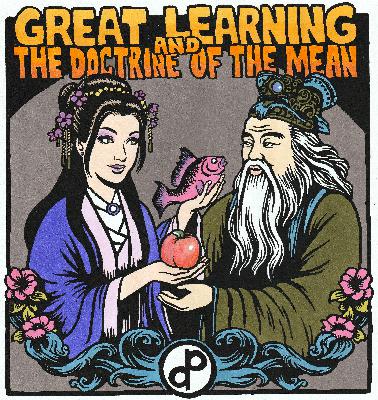
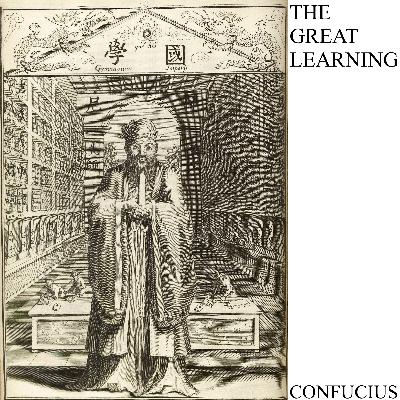

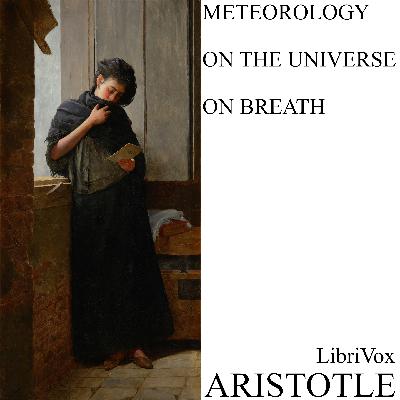


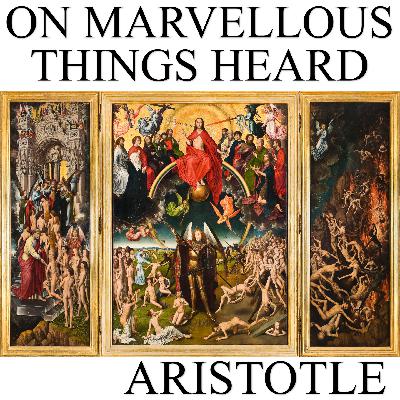

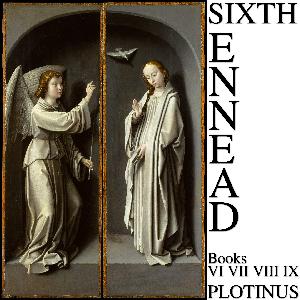
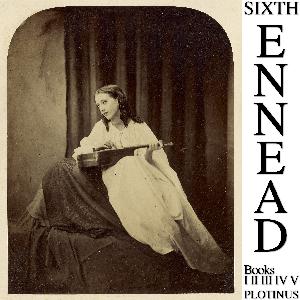
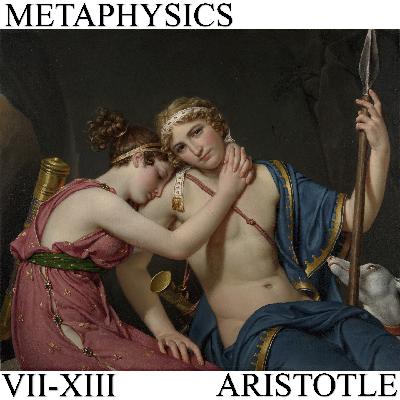

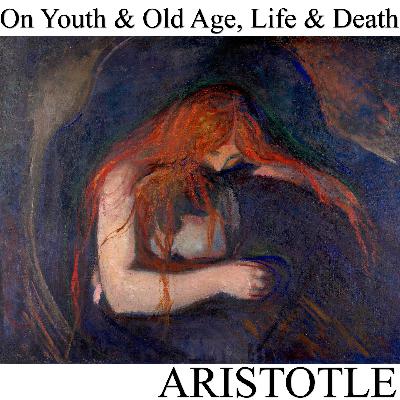



Sounds like Stephen Hawking's broken speaking robot.
after 30 seconds I want to MIB myself from ever hearing this narrator. this is terrible. forget content, I can not listen to this broken robot
This is a horrible narration. It sounds like a robot who didn't make the cut for computer software speech.
moo fhxh
Why so much emphasis on the words..."and", "but", "or", "he", "for", etc.? A repetitive series of awkward, unnecessary pauses. Very distracting, disruptive and off-putting. Great piece of philosophical literature, but an absolutely egregious presentation by the narrator.
I shall